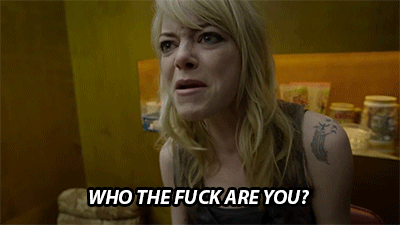What do you think?
Rate this book


Routledge is now re-issuing this prestigious series of 204 volumes originally published between 1910 and 1965. The titles include works by key figures such as C.G. Jung, Sigmund Freud, Jean Piaget, Otto Rank, James Hillman, Erich Fromm, Karen Horney and Susan Isaacs. Each volume is available on its own, as part of a themed mini-set, or as part of a specially-priced 204-volume set. A brochure listing each title in the International Library of Psychology series is available upon request.
257 pages, Kindle Edition
First published January 1, 1947


